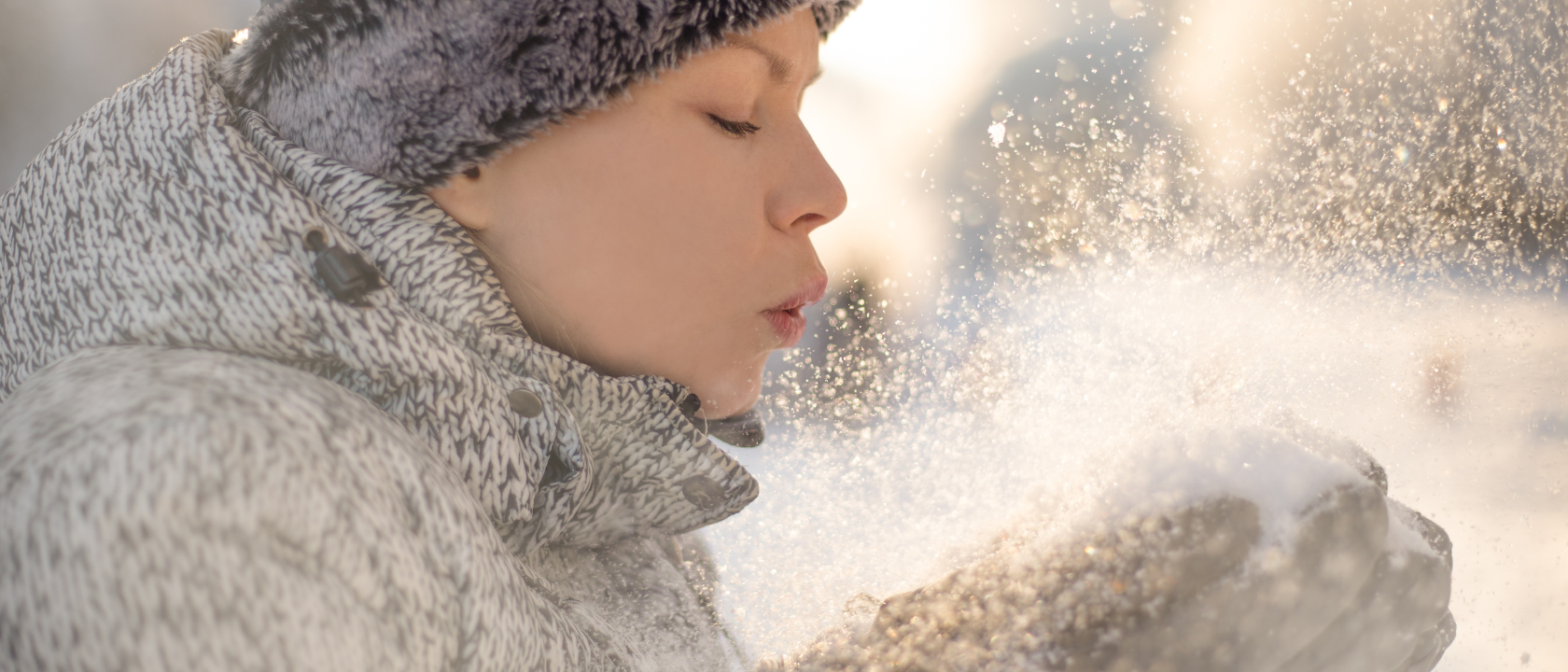The Pleasant Surprises of Cold Weather
With all the recent talk about the ways serious cold weather makes life harder in general and increases death care business, it’s easy to focus on the less lovely aspects of winter’s pronounced dips in temperature. But there are also actual, downright healthy benefits to cold weather.
Some of them are indirect, by-the-way happy accidents – like fewer bugs harassing everyone, so less Zika and Lyme disease. Or how since nothing’s blooming, your allergies are probably less irritating overall – but other effects matter in more concrete, effective ways.
So while you may be navigating a sobering uptick in numbers due to other kind of consequences of frigid temps, it may help to keep a few of the more pleasant surprises in mind.
Reduced Inflammation
Sounds counter-intuitive, because plenty of people get achy or stiff joins when bad weather’s on the way; our bum knees have long provided a well-known, homegrown barometer for informal weather prediction. But when it’s just really cold out, no advancing blizzard conditions or other atmospheric shenanigans, arthritis and other inflammatory responses have been shown actually to lessen, sometimes significantly. So really cold air can soothe, similarly to how icing a twisted knee or ankle helps swelling and pain.
The hearty sort who gets out there in the cold to exercise, like runners, can even recover more quickly following workouts and boost their health in other ways, including improving endurance and transforming white fat into the healthier, more-calorie-burning brown sort. Numbing pain and improving blood flow (which speeds up delivery of important nutrients the muscles need to repair themselves) are also direct benefits: bonus!
Work Smarter, Not Harder
When you do brave that cold for physical activity, your body can regulate its temperature more easily. Since the air is cold, as you heat up from exertion, your skin cools more quickly and effortlessly against it. Which means you don’t need to sweat as much to cool down… so you have more available physical reserves for what you’re doing, because your body doesn’t need to prioritize keeping your temperature in check.
There’s even speculation that the greater exposure to sunlight may help some people keep Seasonal Affective Disorder away. It’s not wise to rely on winter sun for all your Vitamin D needs, but if you’re the type of person who gets gloomy when the days are shorter, more daylight may benefit your state of mind. When skies are dull, overcast, or that hideous, flat gray shade that makes them impossible to distinguish from the snow on the ground, this could be reason enough on its own to get outside for a few minutes during the day. Plus fresh air lets you “blow the stink off,” as my dad used to say, and, really, isn’t that better for everyone? At the very least you get a change of scenery.
And lastly, being cooped-up indoors necessitates spending more time with others in your home trapped inside with you. Socializing is, overall, a good thing.
There are some health conditions, like asthma or heart problems, which can cause adverse responses to the body in the cold, so frigid workouts aren’t for everyone. Checking it out with your doctor beforehand should always be your first step, anyway, but it’s nice that all this cold isn’t completely without its merits.




